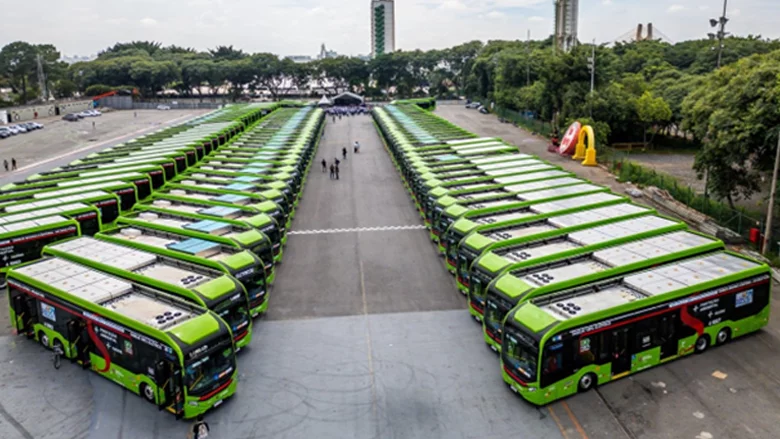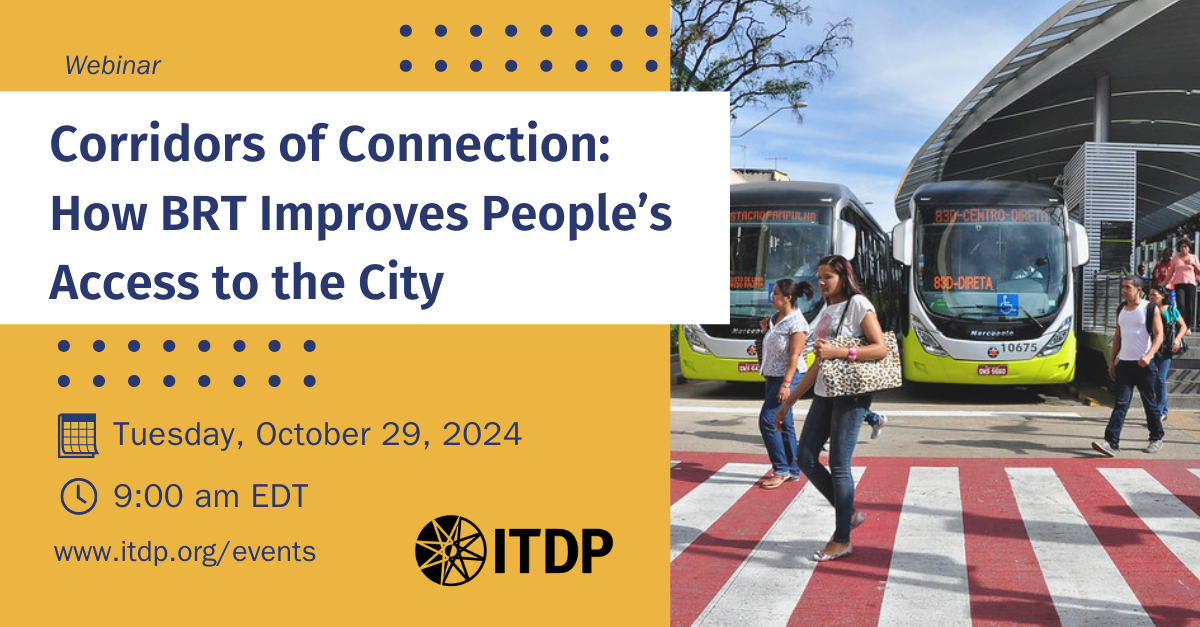The value of travel time (VOT) is defined as the marginal rate of substitution between travel time and travel cost, and it is typically calculated using standard econometric techniques. However, it is very common for both variables (travel time and travel cost) to present high correlation, artificially increasing the variance of the VOT estimator. We propose a new approach to estimating VOT in the context of logistic regression models (that could also be applicable to classical discrete choice models), based on an application of the ridge regression approach. Using simulated data, we demonstrate that the ridge estimator reduces the variance and mean-squared error of the VOT. Additionally, we obtain a lower estimation bias for the VOT estimation, due to a geometric property of the ridge estimator that is applicable for VOT (defined as the ratio of the travel time and travel cost parameters in linear models). We applied the methodology to a large sample of interurban trips by bus and train in the South of Chile, achieving reductions of nearly 50% in the variance of the VOT.











